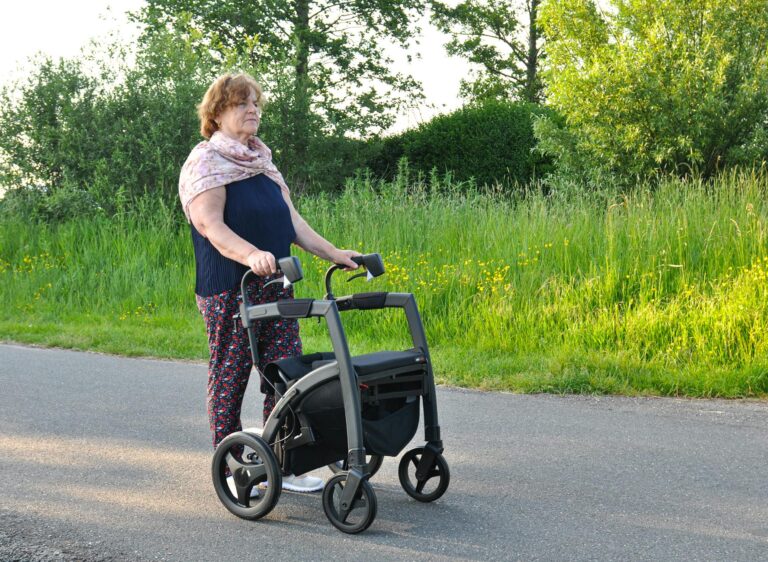
There are several financial assistance programs available for people with dementia and their caregivers, including:
- Medicaid: Medicaid is a joint federal and state program that provides health coverage for low-income individuals. To be eligible for Medicaid coverage for long-term care, individuals must meet certain income and asset limits. Medicaid can cover the cost of nursing home care and assisted living for those who are eligible. However, each state has its own rules regarding eligibility, so it is important to check with your state’s Medicaid office for specific information.
- Medicare: Medicare is a federal health insurance program for people 65 years of age or older and some younger people with disabilities. While Medicare covers some short-term skilled nursing facility stays and home health care, it does not cover most long-term care costs. Medicare does not cover the cost of assisted living or memory care.
- Veterans Benefits: The Department of Veterans Affairs (VA) provides a pension benefit, known as Aid and Attendance, for wartime veterans and their surviving spouses who require the regular aid and attendance of another person or are bedridden. To be eligible, veterans must have served during wartime and have a certain level of disability, including dementia. The VA also offers health care benefits to eligible veterans, including in-home care, nursing home care, and assisted living.
- State-Specific Assistance Programs: Some states have programs that provide financial assistance or services for people with dementia and their caregivers. These programs may include in-home care services, respite care, financial assistance for caregiver expenses, and other support services. The programs and services available, as well as eligibility criteria, vary by state, so it’s important to check with your state’s health and human services department for specific information.
- Non-Profit Organizations: There are many non-profit organizations that provide financial assistance, support services, and resources for people with dementia and their caregivers. These organizations may offer financial assistance for in-home care, transportation, and other expenses. They may also provide support groups, educational resources, and other services to assist those with dementia and their caregivers.
- Bridge loans or loans for Alzheimer’s and Dementia: Alzheimer’s Care Loans and Dementia Care Loans are specialized loan options that provide financing for the cost of care for individuals with Alzheimer’s disease or dementia. These loans can help families pay for the cost of in-home care, assisted living, nursing home care, and other expenses related to caring for someone with dementia.
The terms and conditions of Alzheimer’s Care Loans and Dementia Care Loans vary, but they typically have the following features:
- Loan Amount: The loan amount available through these programs is usually based on the individual’s needs and financial situation.
- Repayment Terms: Repayment terms can vary, but they are typically set up so that the loan is repaid either through the sale of the borrower’s home after they pass away, or through other assets or insurance.
- Interest Rates: Interest rates on these loans can be fixed or adjustable, and the rate may be lower than other types of loans.
- Loan Purpose: These loans are specifically designed to cover the cost of care for individuals with Alzheimer’s disease or dementia.





